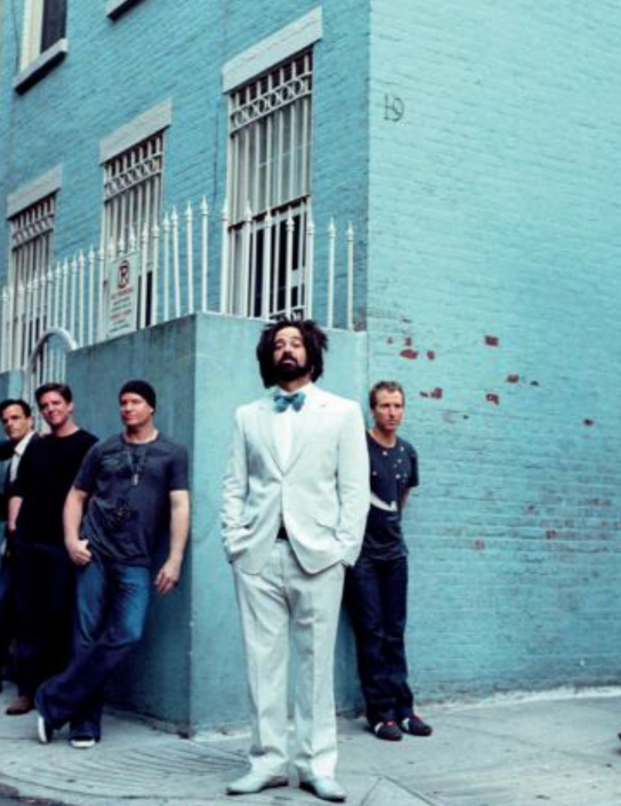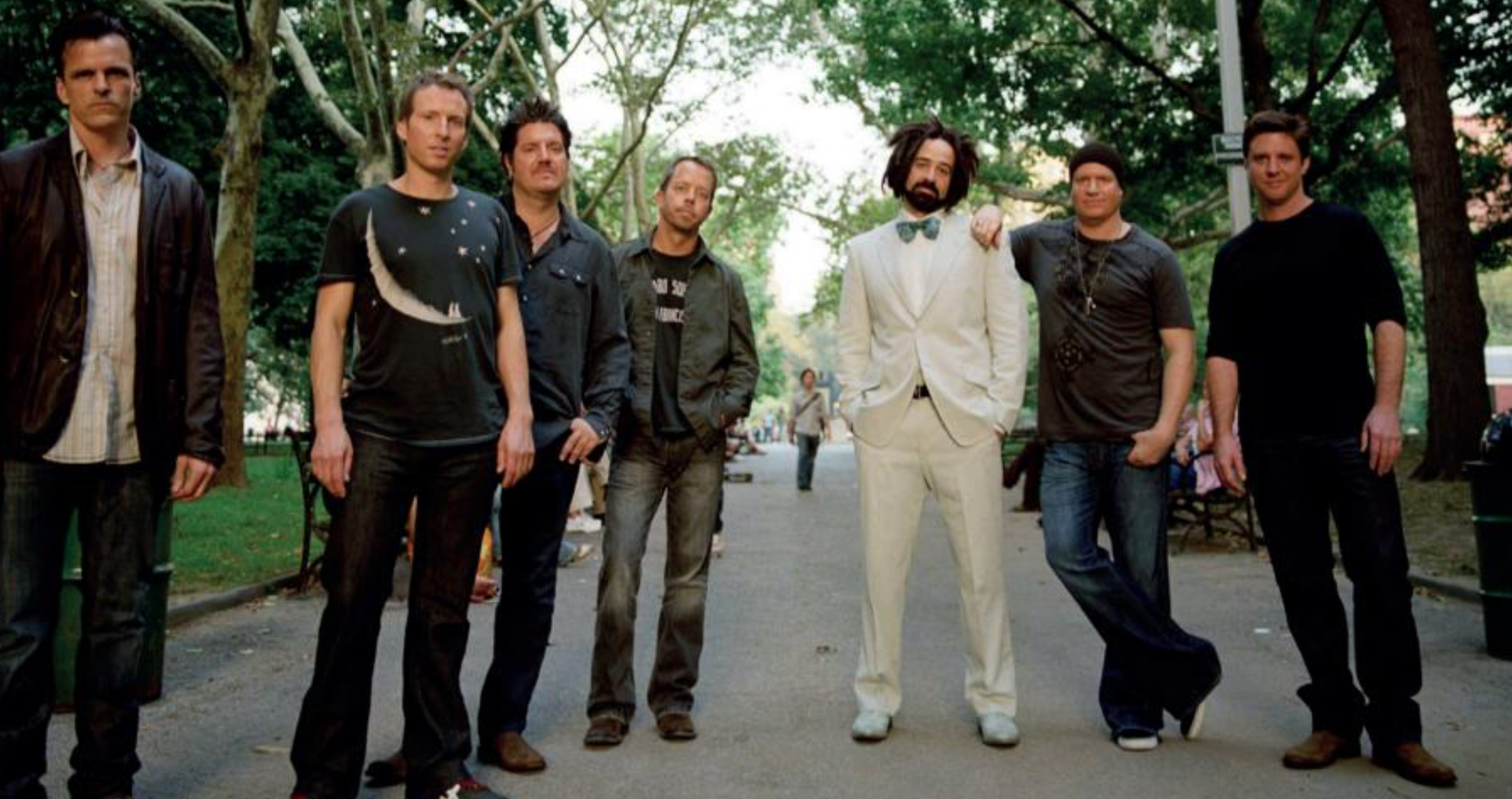Iconic Californian band, Counting Crows, released their smash hit debut album, August and Everything After, back in 1993, with lead single, ‘Mr Jones’, storming the charts. Twenty-five years later, they are still going strong, and have announced a world tour which starts in North America later this year. We catch up with frontman, Adam Duritz, to get the lowdown.
“We just did Underwater Sunshine Fest,” opens Duritz. “It’s the one me and my friends put on, and it’s a bunch of free shows. At the night shows, we had 18 bands play on two different stages, and during the day, we filmed acoustic sessions with all the bands at my house. We shot 40 different bands doing sessions over four days - I’m wrecked now, but it was so great!”
I ask Duritz what he remembers of the days leading up to the release of the band’s debut record, back in 1993.
“I remember pretty clearly. I thought the record was really good, and everyone that heard it seemed to really respond to it. But there are so many other factors, so you never know. I mean, some of the greatest albums ever made, no-one has ever heard.”
I ask Duritz what kind of shape he thinks the music biz is in today in comparison.
“There’s good and bad,” he says. “No-one is paying for music anymore, and that’s not good. It makes it very difficult to be a musician if no-one pays for music. Streaming would be good if musicians were actually being paid for it. That money went to record companies, but it didn’t go out to musicians. I imagine there is going to be a huge class action lawsuit in the next few years. There’s also publishing, and that’s not being paid at all. So that’s a problem.
“But on the other side, it used to be prohibitively expensive to make a record, and nearly impossible for an independent band to do so. You had to have a record label, which sucks. But an even bigger problem than that was distributing it - the actual act of pressing physical copies of a CD, and then, even worse, getting them by truck or plane to the record stores. That was a terrible, impossible system for a band.
“Now, you can make a record in your bedroom, and you can upload to bandcamp, so it doesn’t cost you anything. Now that is a great improvement, because that makes it possible for so many people to make music.”
Given his experience of showcasing talent at his own festivals, I ask if Duritz has seen quality artists potentially hampered due to the various changes within the industry.
“Record companies fail 99% of the bands they sign, anyway,” he says. A fair point. “Most music wasn’t heard back then, most music isn’t heard now, but the difference is, the bands aren’t in such a bad situation, like they used to be. It doesn’t cost you a fortune to make a record, and get it out there; and now you sell a few copies to maybe do OK.
“Huge success with music - that’s not something anybody can ever predict - and it doesn’t have anything to do with the market; it just has to do with the zeitgeist of the moment, when everybody wants to listen to you. It’s just a stroke of luck.
“Some of my favourite records no-one has ever heard, and there are terrible records that are huge successes, so it would be crazy to ascribe success to just being good, because it doesn’t happen that way. Success just happens. Making great records? That has to do with being good.”
Band dynamics have so often played a part in a band’s longevity and, given they’ve been going 25 years, I ask what Duritz puts Counting Crows’ success down to?
“I suppose we all just wanted to stay together this whole time. Truthfully, most of us were there at the start of the first album. We’ve always thought of ourselves as a band. No-one wanted to play solo stuff, I don’t think, and I certainly didn’t. So we always made decisions with the long-term in mind.”

